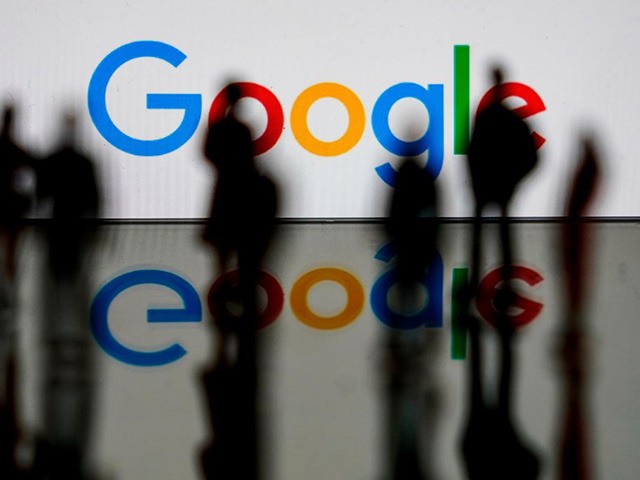In a recent article in the New York Times, the CEO of DuckDuckGo explains that tech giants such as Facebook and Google know how to sell ads without damaging users’ privacy — they just choose not to do so.
In a recent New York Times article titled “Facebook and Google Don’t Need Your Data to Make Lots of Money,” the CEO of the privacy-focused search engine DuckDuckGo, Gabriel Weinberg, discusses how many in the tech industry believe in protecting user privacy, but tech giants like Facebook and Google are continuing to invade user privacy and actively ignore proven models of advertising that don’t require vast amounts of user data out of fear it could affect their advertising systems which generate billions in profit a year.
Weinberg discusses how big tech firms are fighting advertising regulations that would prevent them from using personal data to serve ads to users, known as targeted advertising. Another popular form of advertising that doesn’t require access to user data is contextual advertising that uses information collected from the content being shown on-screen to display advertisements, however big tech firms would rather use advertising knowing that the user viewing the ad is more likely to click on it based on their previous browsing habits.
Weinberg writes:
These are all weak arguments. There is no reason to fear that sites cannot still make money with advertising. That’s because there are already two kinds of highly profitable online ads: contextual ads, based on the content being shown on screen, and behavioral ads, based on personal data collected about the person viewing the ad. Behavioral ads work by tracking your online behavior and compiling a profile about you using your internet activities (and even your offline activities in some cases) to send you targeted ads.
Contextual advertising doesn’t need to know anything about you: Search for “car” and you get a car ad. Over the past decade, contextual ads have been displaced by behavioral ads, aided by the rise of real-time bidding technology that auctions off each ad on a site based on user profiling. These behavioral ads are the ones that leave a bad taste in your mouth. They follow you around from website to mobile app based on your private information and, intentionally or not, enable online discrimination, manipulation and the creation of filter bubbles.
Strong privacy laws will force the digital advertising industry to return to its roots in contextual advertising. That’s a good thing, since contextual advertising does not affect privacy in the same way. (My company uses only contextual advertising, and we compete with Google.)
Weinberg notes that Google search already uses contextual advertising. When users enter a search request in Google, the search engine displays ads that are relevant to that particular search without needing to collect information on the user such as location, previous purchases, or browsing history — but Google still collects all of this information anyway as it can be useful in powering non-search behavioral ads across the entire internet.
Weinberg further states that he disagrees with the argument that regulation of the industry would stifle Silicon Valley innovation, writing:
And if there is anything stifling innovation in Silicon Valley, it is the dominance of Big Ad Tech, wrought by the surveillance capitalism business model. When contextual advertising regains prominence, more companies will be able to compete against Facebook’s and Google’s ad networks because they won’t need huge troves of personal data to do so. Additionally, strong privacy laws will spur innovations to help companies use data in a privacy-respecting manner. In some fields, such as services that help businesses analyze how people use their sites, this innovation and resurgence of competition has already begun.
I am reminded of the arguments made in the 1960s and ’70s about laws to reduce toxic emissions from cars. Companies profiting from less regulation lobbied against those laws, and yet, once they were enacted, Americans’ health improved, innovations such as the modern catalytic converter entered the market, and big companies met the new emissions targets without catastrophic expense. If we enact strong privacy regulation, I believe we can be similarly hopeful about the future of privacy.
Read Weinberg’s full article in the New York Times here.
Lucas Nolan is a reporter for Breitbart News covering issues of free speech and online censorship. Follow him on Twitter @LucasNolan or contact via secure email at the address lucasnolan@protonmail.com

COMMENTS
Please let us know if you're having issues with commenting.